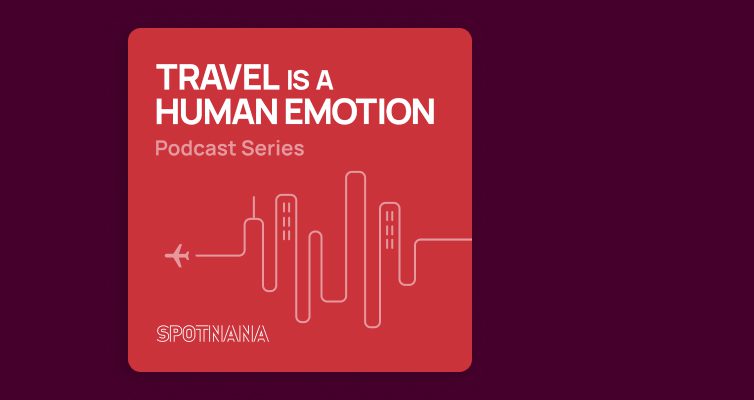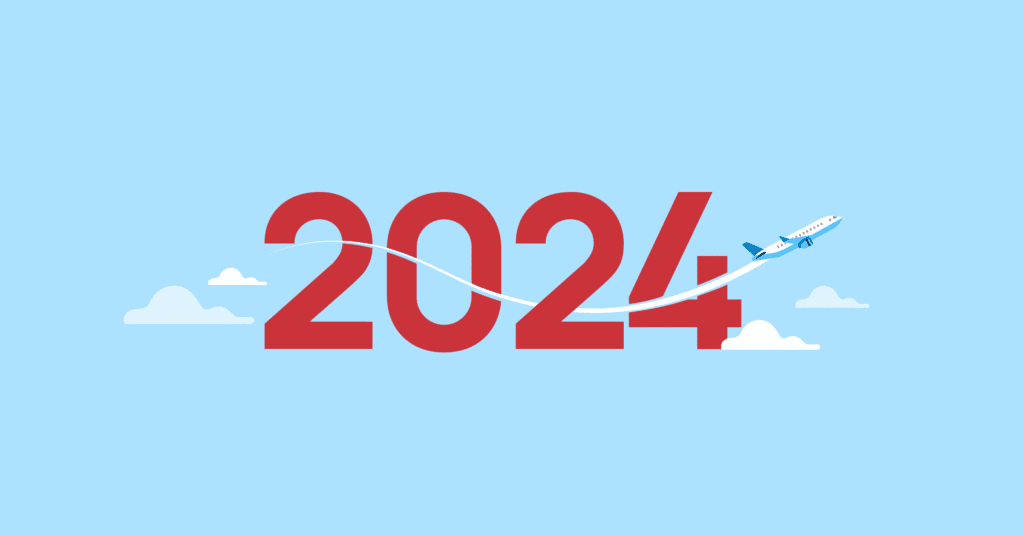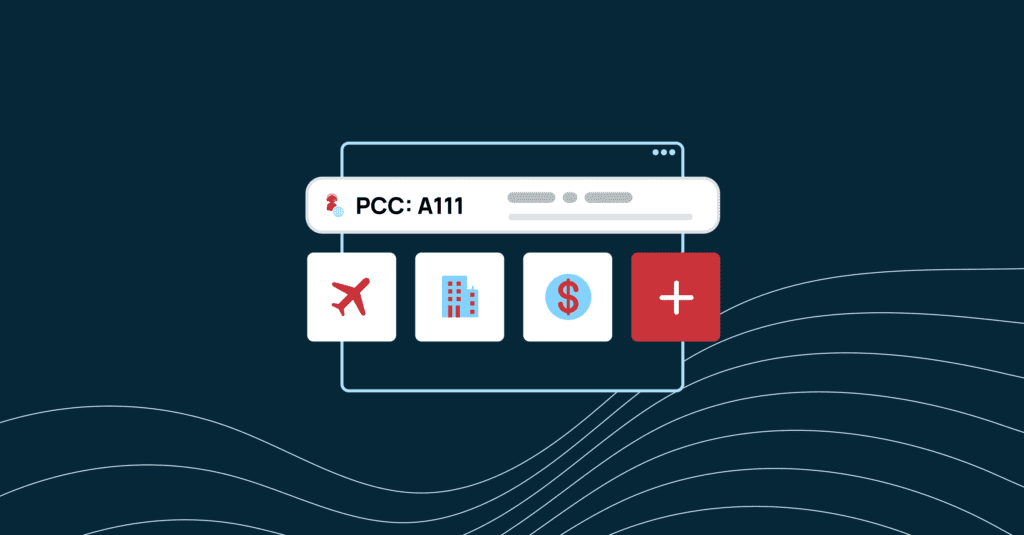Podcast: Distribution and sustainability with Parexel’s Ben Park

Bringing travelers the widest array of content is crucial for travel managers around the world.
For the second episode of The Travel Is a Human Emotion podcast, Spotnana VP of Business Development for Content Distribution Johnny Thorsen spoke with Ben Park, Executive Director of Travel & Sustainability at Parexel, about the challenges and opportunities for innovative travel programs in 2024.
Park spoke about three key areas Parexel is exploring to improve traveler experience and the technology that powers its travel management program.
Distribution evolution
Distribution challenges in corporate travel are leading travel managers to explore the gap between what is possible and the current reality using traditional solutions.
“If I look at corporate travel, I think the biggest challenge at the moment is the way distribution commercially works with travel agencies,” said Park.
As a company with more than 21,000 employees across Europe, North America, South America, and the Middle East, providing cohesive content access to travelers is vital for Parexel. Park believes that a strong foundation for content and serviceability is essential for global travel programs to embrace new technologies.
“How do you keep making progress on topics which are old problems when we are still fixing, or haven’t fixed, [some issues] for 20 or 30 years? Along with all the new stuff like AI, Chat GPT, and NDC?” asked Park. “I still need to build my foundation. I can do maybe one of these nice things and add-ons [each year], but I still need to focus on the foundation.”
On next-generation content, Park suggests that the ability to effectively service NDC is more important than simply having the options added to an online booking tool. Without effective servicing, costs rise for travel programs along with traveler frustrations.
“If you try in the old world to get the NDC pipe in, but keep the old travel agency processes, you’re ending up with the same additional cost,” said Park “It’s just eaten at other stages in your process. So to me, this is not a solution. I’m just moving a problem from one end to another and I’m not addressing the other key issues.”
Sustainable options
Sustainability and reducing emissions from business travel. With sustainability being added to Ben’s title recently, he discussed initiatives at his company like shifting more travel to rail and preparing for new EU reporting requirements. This is becoming a bigger focus area for Parexel and has led to the emergence of content gaps, particularly around rail travel.
Park said more travelers are replacing multi-destination European flight itineraries with rail travel instead. With the European Union’s latest Corporate Sustainability Reporting Directive (CSRD) now in effect, many companies are enhancing their efforts towards tracking the carbon footprint of their travel programs.
“The [CSRD] requirements are fair in the beginning on [sustainability] reporting, but I’m not sure if a lot of companies are ready for this,” said Park. “We are even piloting a big switch to rail over flight at the moment in one country.”
According to Park, many travelers have proactively switched from short-haul flights to rail itineraries. These travelers often say they are more productive when traveling by rail, as well.
“That’s another big focus area besides the reporting requirements to really demonstrate, especially in Europe, that it’s quite easy for business travel to shift to rail,” said Park. “Quite often the feedback we get is [that travelers] can work on my laptop, can even do a call sometimes, whereas on a flight, they’re just standing in a queue and not productive.”
The move to rail offers major opportunities for travel programs that partner with travel platforms providing extensive international European rail options to travelers.
Data and personalization
Personalization has the potential to transform the travel experience.
Park said data and intelligence provide a better, more personalized travel experience by understanding travelers as individuals rather than just numbers. When combined with more flexible travel policies, the opportunity is huge to improve traveler experience while maintaining control over spending.
“[We need to use] the data we have to show that I know the traveler, you are not just a number or a random person calling or logging in again,” said Park. “To me there are two elements. One is fixing a gap on distribution and the second is using the data and intelligence, especially in corporate travel, to show that I know you as a traveler and provide a better experience.”
To hear the full podcast, you can view the video here or subscribe to the Travel is a Human Emotion podcast on your favorite podcast service.






